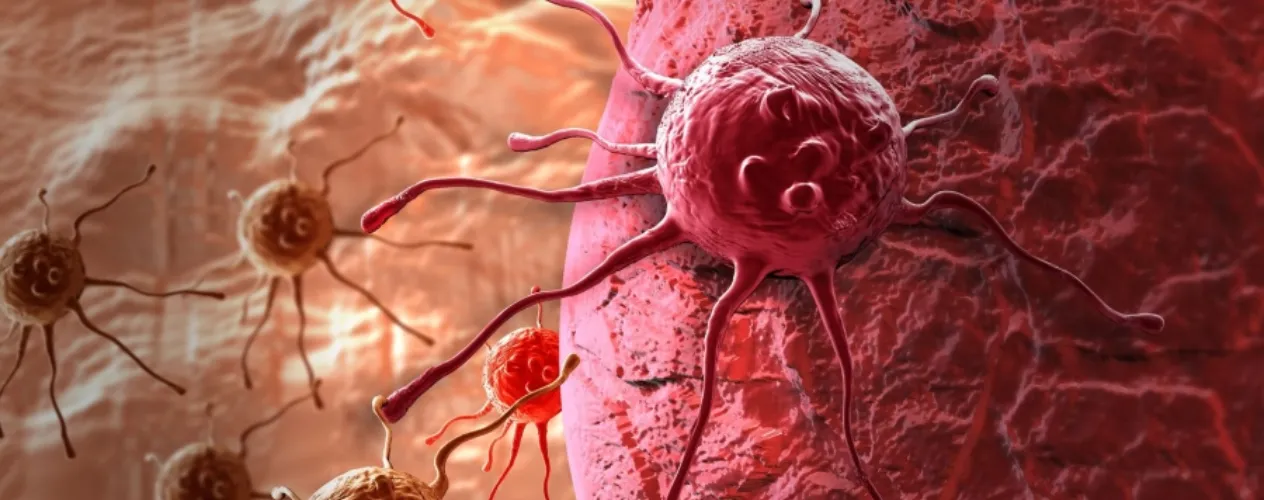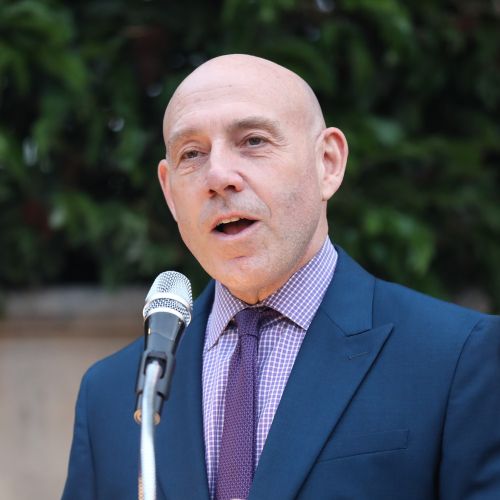UCLA FSPH scientists help author major report to accelerate cancer research and care, delivering on US Cancer Moonshot initiative
National collaboration of experts provides roadmap to improved cancer care for survivors and underserved groups.

A fundamental shift in how cancer research is conducted and cancer care is provided in the United States is required in order to deliver on the US Cancer Moonshot initiative, according to a major new report published today in The Lancet Oncology.
UCLA cancer research pioneers Drs. Patricia Ganz and Roshan Bastani have joined over 50 leading national leaders to author The Lancet Oncology Commission on Future Research Priorities in the USA. It sets out a detailed roadmap of priority areas, each with measurable goals, to focus the $2 billion of funding released to the National Cancer Institute as part of the 21st Century Cures Act, which Congress passed in 2016.
The Commission is an extension of the Cancer Moonshot’s Blue Ribbon Panel, a group of experts appointed by Barack Obama to provide advice on the vision, scientific goals and implementation of the Moonshot initiative.
“Unlimited funding does not guarantee better long-term outcomes for patients, and how we allocate our resources is crucial to the future of cancer research and treatment,” said Ganz, Fielding School professor of health policy and management, and director of Control Prevention and Research at UCLA’s Jonsson Comprehensive Cancer Center. “The Moonshot initiative provides extraordinary opportunity, and this report provides the framework for the global cancer community to meet its ambitious goals.”
Ganz, an internationally renowned advocate for improving the quality of cancer care from prevention through survivorship, said that a key priority of the report is a focus on addressing the long-term health care needs of patients during and after treatment.
More than 1.6 million Americans are diagnosed with cancer annually, and 600,000 people will die from the disease this year. Moreover, many of the nation’s 15.5 million cancer survivors remain in urgent need of some form of supportive care to manage long-term symptoms.
Ganz said the report highlights how technological advances, including understanding and mapping pre-cancer biology and the rapid adoption of big data, are critical to furthering research and ultimately improving patient care. Recommendations include a new model for drug discovery and development, vast expansion of patient access to clinical trials and the necessity to move towards targeted screening to detect cancer in its earliest stages.
Although cancer outcomes have improved tremendously over the past few decades, there remain great disparities in cancer incidence, treatment and outcomes by race/ethnicity and socioeconomic background. Progress on containing the costs of cancer care and addressing disparities in the U.S. and internationally has been slow.
The report maps out specific strategies to overcome the one-size-fits-all approach of past efforts to prevent and treat cancer as well as mitigate disparities, said Bastani. These include targeted interventions to improve cancer care for underserved groups.
Bastani, Fielding School professor of health policy and management, and director of Disparities Research at the Jonsson Cancer Center, said the report “emphasizes the importance of addressing health disparities in all recommendations, which is essential to ensure equitable access that is financially sustainable for the individual and society. For example, precision public health approaches applied to available prevention and early detection strategies, such as cancer screening, have enormous potential for improving population level cancer outcomes.”
Ganz and Bastani said the blueprint laid out by the Cancer Moon should help cancer researchers, institutions and supporters to prioritize their efforts and accelerate meaningful clinical advances over the next decade.
The Commission launched on November 1, and will present the report on Friday, November 3 at the United Nations Association of New York Humanitarian Awards, where former Vice President Joe Biden is being honored for his work on improving cancer outcomes as part of the US Cancer Moonshot Initiative.










